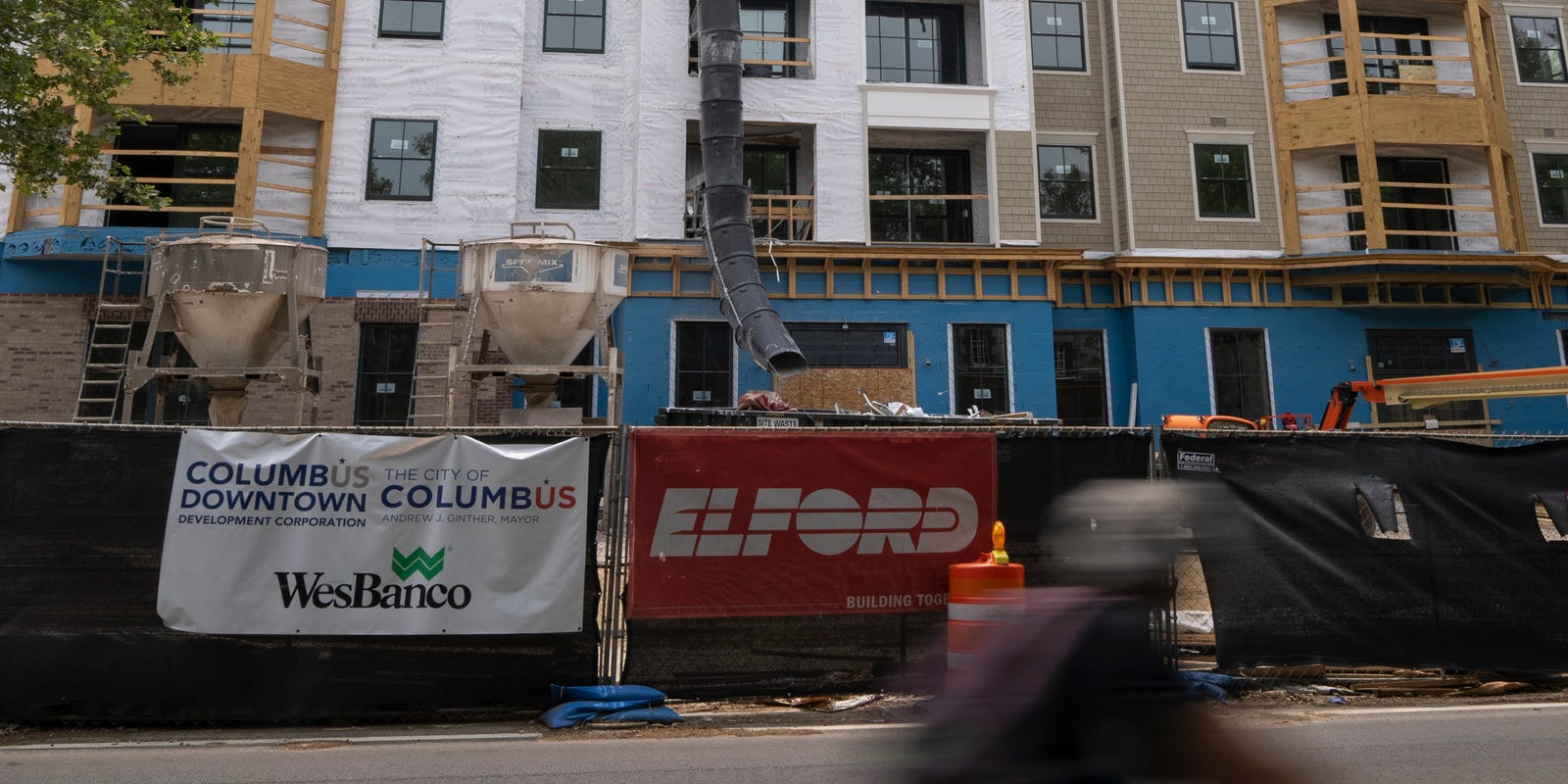The High Cost of Living: How Soaring Rent Affects Health and Longevity
As rental prices continue to climb, a disturbing correlation emerges between the financial burden of housing and the well-being of renters. A comprehensive study has shed light on the stark reality that individuals allocating a substantial portion of their income towards rent are facing not only financial strain but also severe health consequences, potentially leading to a reduced lifespan. This article delves into the intricate relationship between rental costs, health outcomes, and the societal implications of the current housing affordability crisis.
Unveiling the Hidden Costs: When Rent Drains Wallets and Health
Correlation Between Rent Costs and Health Risks
Recent research has unveiled a troubling link between the proportion of income spent on housing and the incidence of adverse health outcomes. Individuals who find themselves dedicating more than half of their earnings to cover rent are confronted with a heightened risk of developing chronic health issues, which could ultimately lead to premature mortality.
This phenomenon is not isolated to a specific demographic but is a widespread concern that affects millions of Americans, raising questions about the broader implications of housing affordability on public health.
Eviction Records and Mortality Statistics
An in-depth analysis of eviction records spanning nearly two decades reveals a grim pattern: those who are evicted or face the threat of eviction exhibit a significant increase in mortality risk. The data, encompassing millions of cases, indicates that the stress associated with housing instability can have fatal consequences.
Moreover, the research suggests that the repercussions of eviction extend beyond immediate distress, potentially influencing long-term health trajectories and life expectancy.
The Physical and Mental Toll of Rent-Related Stress
The burden of high rental costs extends to both physical and mental health domains. Chronic stress, a common byproduct of financial hardship due to excessive rent, is a catalyst for a range of health disorders, including hypertension, heart disease, and mental health conditions like depression and anxiety.
As individuals grapple with the demands of meeting steep rental payments, they may also compromise on other essentials such as nutritious food and healthcare, further exacerbating their health risks.
Discrepancy Between Rent and Income Growth
The widening gap between rental prices and renters’ incomes is a concerning trend that has been observed over recent years. Reports highlight that while rent costs have escalated, the income levels of renters have not kept pace, leading to an increasing number of households burdened by housing costs.
This imbalance poses a significant challenge to achieving economic stability and maintaining health, particularly for those at the lower end of the income spectrum.
Rental Market Dynamics in Columbus
In Columbus, the rental market has experienced a surge, with prices for apartments rising steadily. This uptick in rental costs has placed additional pressure on residents, many of whom are already struggling to find affordable housing options within the city.
The local housing landscape reflects a broader national issue, with a substantial portion of the population dedicating a significant amount of their monthly income to rent, leaving little room for other expenses.
The Role of Rental Assistance in Alleviating Stress
Rental assistance programs have emerged as a vital resource for those burdened by high housing costs. Studies indicate that such support can have a positive impact on mental health, reducing the psychological distress associated with financial strain.
However, the demand for these programs often exceeds the available resources, as evidenced by lengthy waiting lists for assistance vouchers, underscoring the need for expanded measures to address the housing affordability crisis.
